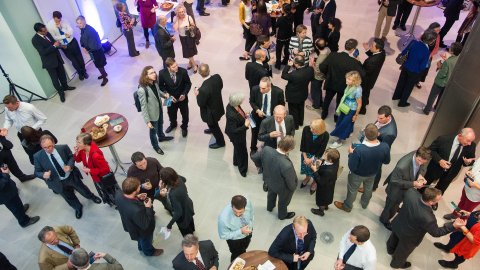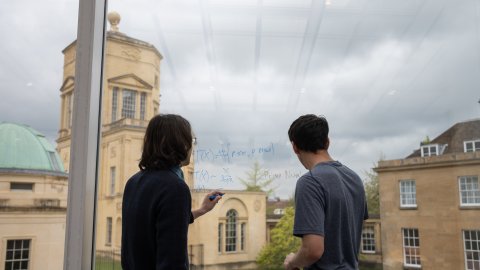An SDP approach for tensor product approximation of linear operators on matrix spaces
Abstract
Tensor structured linear operators play an important role in matrix equations and low-rank modelling. Motivated by this we consider the problem of approximating a matrix by a sum of Kronecker products. It is known that an optimal approximation in Frobenius norm can be obtained from the singular value decomposition of a rearranged matrix, but when the goal is to approximate the matrix as a linear map, an operator norm would be a more appropriate error measure. We present an alternating optimization approach for the corresponding approximation problem in spectral norm that is based on semidefinite programming, and report on its practical performance for small examples.
This is joint work with Venkat Chandrasekaran and Mareike Dressler.





